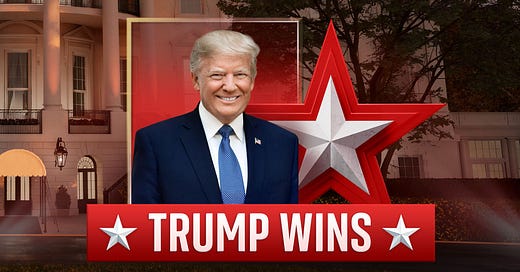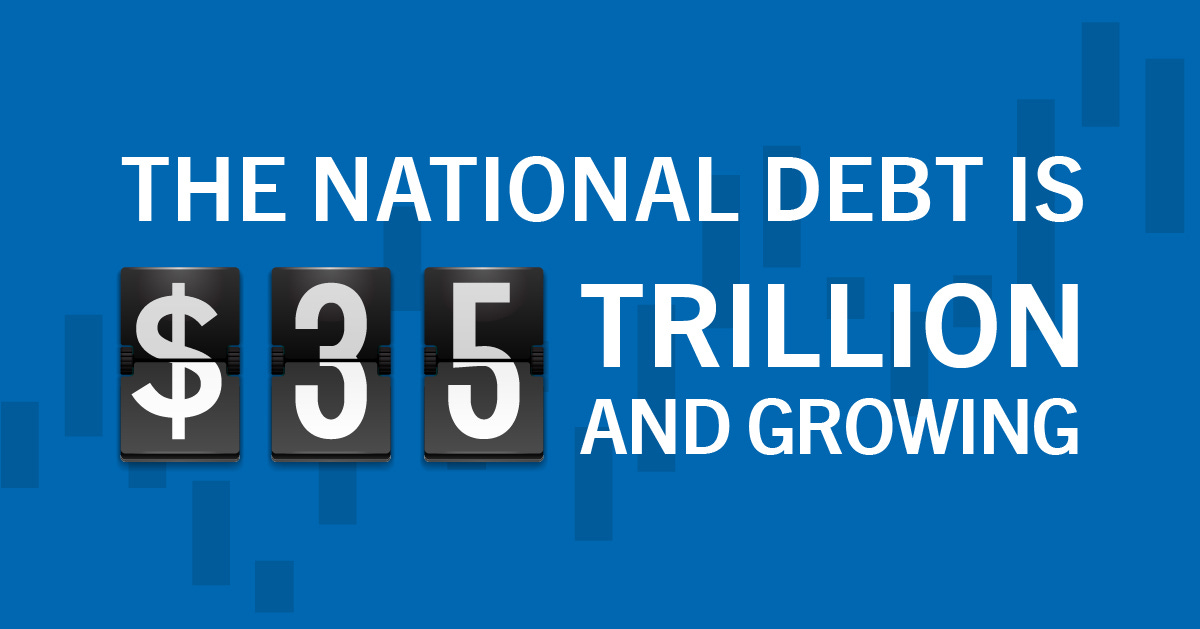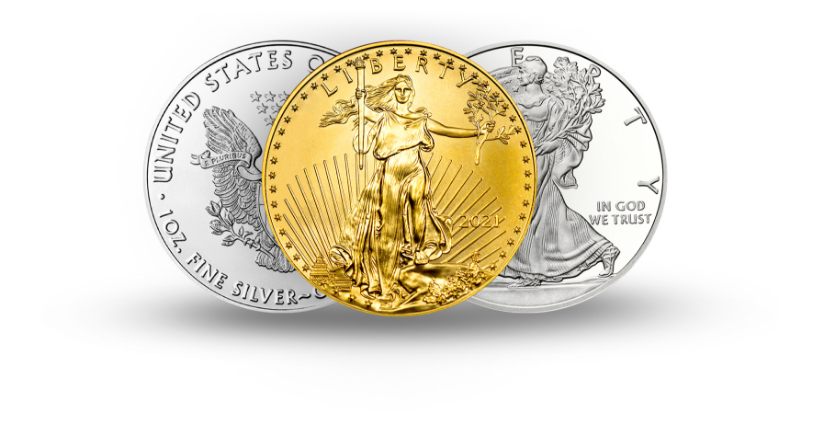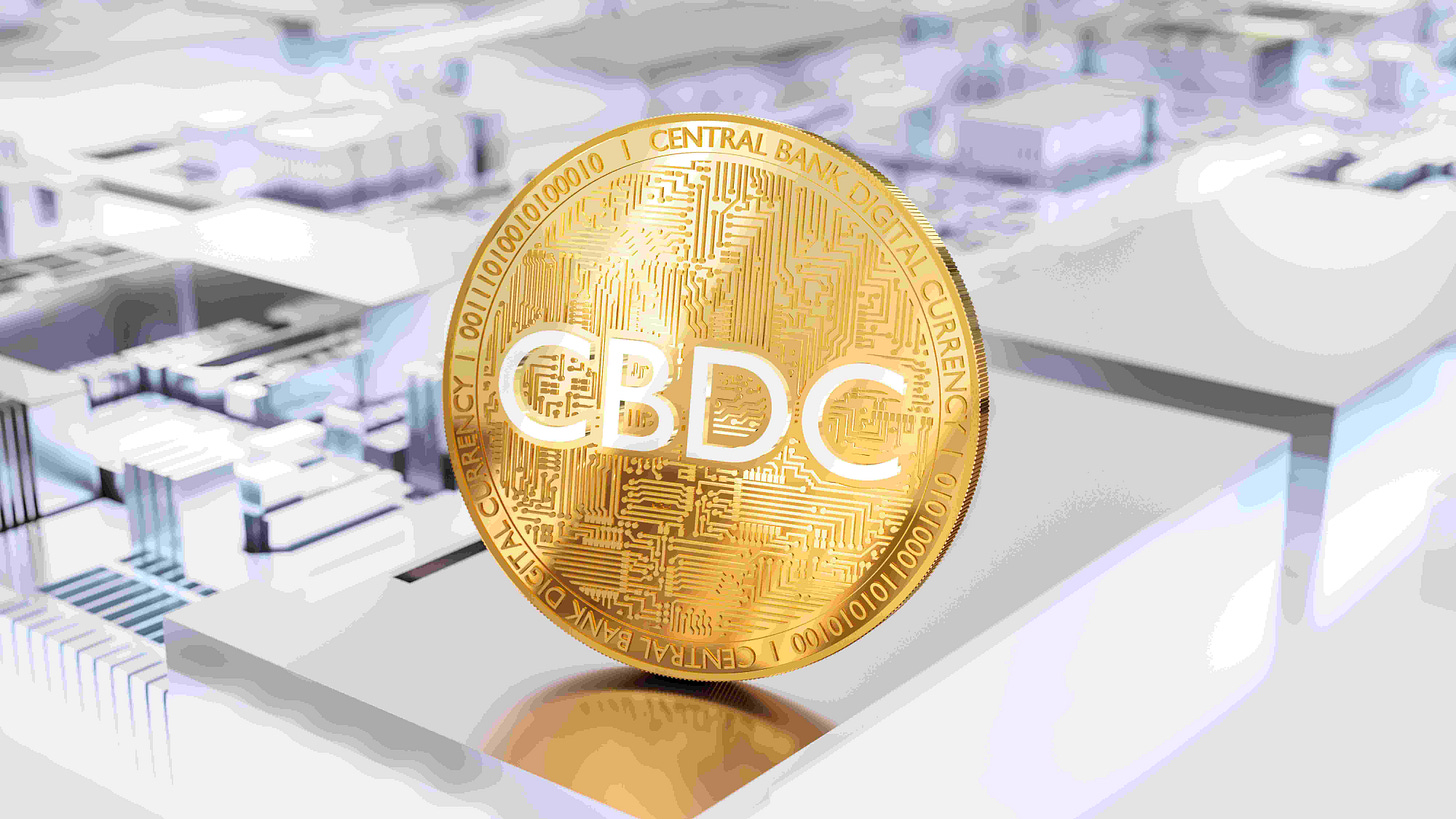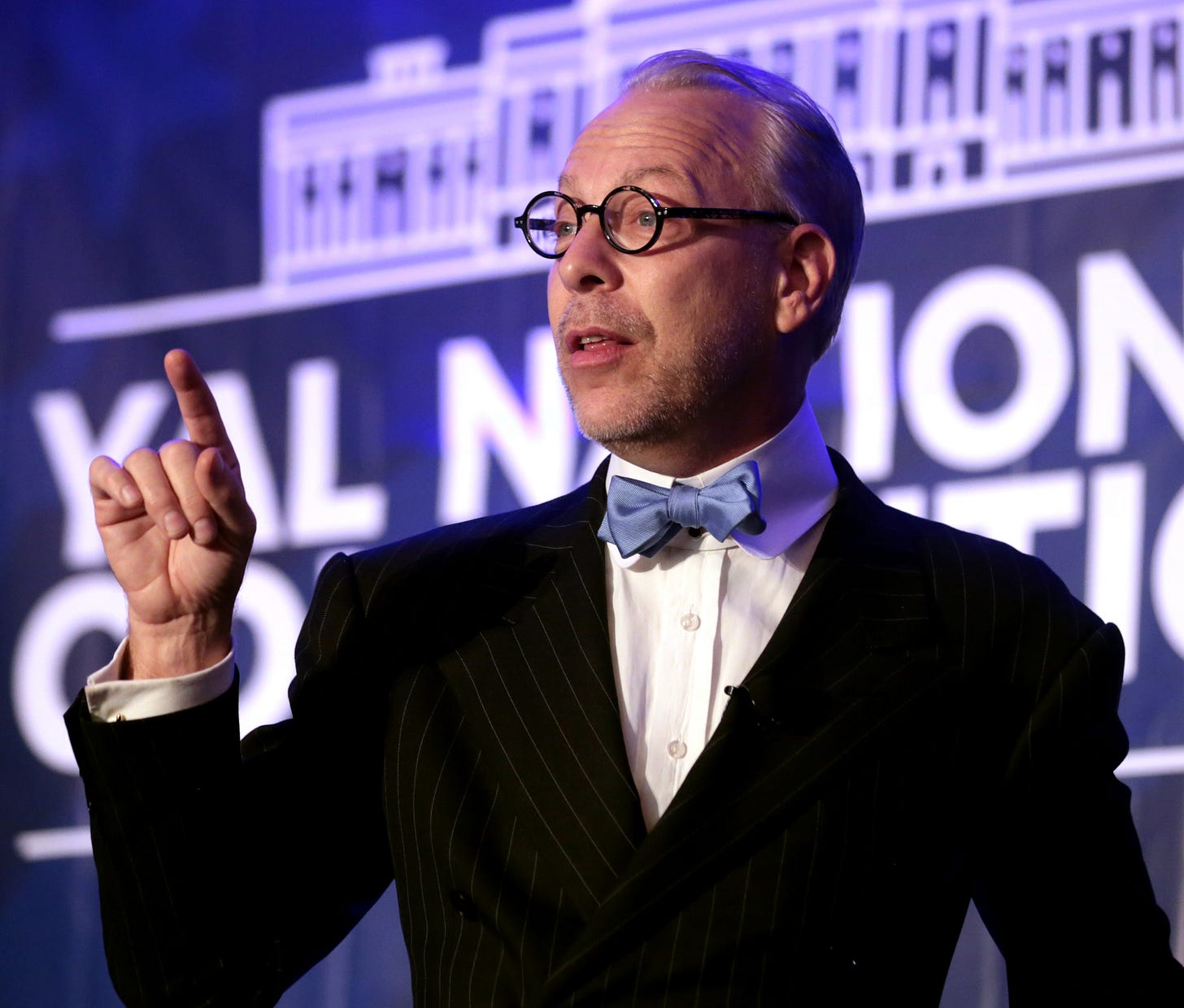"Jeffrey Tucker on Trump’s Economic Strategy"
Inflation, Gold, and the Path to Financial Independence
Introduction:
In a thought-provoking interview on Wall Street Silver, Jeffrey Tucker, founder and president of the Brownstone Institute, dives into pressing issues shaping the economic and political landscape. From election-driven shifts and the rise of financial independence movements to the promise of gold as a productive asset, Tucker offers an in-depth, candid look at where the U.S. might be headed under new leadership. Whether you're interested in monetary policy, market trends, or the fight for personal and financial freedoms, this interview covers it all. Watch as Tucker unpacks his insights on inflation, debt, economic revitalization, and the changing role of gold and silver in today’s economy.
Trump’s Strategy and Political Change
Tucker suggests that this election signals significant political change, unprecedented since Woodrow Wilson’s time, with a shift towards diminishing “deep state” control and prioritizing civil liberties. He mentions the new administration's ambition to eliminate income taxes, reduce the entrenchment of civil service, and counter censorship.
"American Bastille Day" and Gold as a Monetary Tool
Tucker envisions a symbolic “American Bastille Day,” where political prisoners, including figures like Ian Freeman and January 6th defendants, would be freed. He then discusses the role of gold, criticizing the “insanity” of it sitting idle, costing storage fees, rather than being put to productive use. He introduces the “Monetary Metals” platform, a concept allowing gold to generate income instead of costing money, with investors potentially earning 2% to 5% returns on gold leases and up to 12% on silver.
Economic Challenges and Optimism
According to Tucker, the Biden administration misrepresented the economy’s health, concealing an ongoing recession since early 2022 with inflation expected to rise by the summer due to increased money supply. He argues that the Trump administration inherits a “catastrophic” economic situation, but expresses optimism, suggesting that there’s nowhere to go but up.
Systemic Economic Issues
The host notes a persistent “debt bubble” and extensive money printing, agreeing that these are fundamental issues regardless of leadership. Tucker emphasizes that while Trump promotes increased drilling and energy production to curb inflation, inflation cannot be addressed merely by controlling energy costs. Instead, economic growth, spurred by deregulation and tax cuts, would drive deflationary pressures, which could offset inflation.
Reducing Debt and Government Size
Tucker stresses that real inflation control would require halting debt issuance and reducing government spending, ideally by cutting $2 trillion from the budget and eliminating numerous agencies. He points to Elon Musk’s support for reducing government size and says such changes could help counter inflation despite Trump’s advocacy for tariffs, which Tucker believes have mixed effects on inflation.
Tariffs and Import Prices
Tucker argues that tariffs, often imposed for revenue generation or to protect domestic industries, do not fundamentally increase inflation but can affect relative prices. He observes that while import prices may rise, the cost of domestic goods should stabilize. He acknowledges the trade-off with tariffs—higher tariffs could mean less trade, which might impact revenue and jobs.
Gold, Silver, and Financial Independence
Discussing gold and silver, Tucker notes a resurgence in interest as both commodities are perceived as stores of financial independence and protection against systemic risks, drawing on recent examples like hurricanes disrupting payment systems. He predicts sustained demand for physical gold and silver.
Concerns over CBDCs and Financial Privacy
Tucker voices concerns regarding central bank digital currencies (CBDCs) and their implications for financial surveillance. While he hopes the new administration will resist CBDCs, he sees the need for greater public awareness around financial privacy and independence, encouraging individuals to protect themselves against potential encroachments.
Conclusion:
Jeffrey Tucker’s analysis provides a fascinating look at the intersection of political change and economic restructuring. His perspectives, especially on the influence of "deep state" control and the potential for deregulation, highlight a desire for renewed economic freedom and less governmental interference in both personal and financial matters. His ideas about the productive use of gold are intriguing, especially for those interested in alternative assets and financial independence. However, his view on tariffs and inflation control brings up critical questions about balancing protectionist measures with the benefits of free trade.
Overall, this interview offers valuable insights but also sparks a reminder of the complexities in balancing economic policies with political agendas. Tucker’s vision, while optimistic, does raise practical questions about feasibility—especially regarding massive government spending cuts and resistance to digital currencies. This interview is an invitation to think deeply about how policy changes and market reforms impact individual financial choices and freedoms in the coming years.


